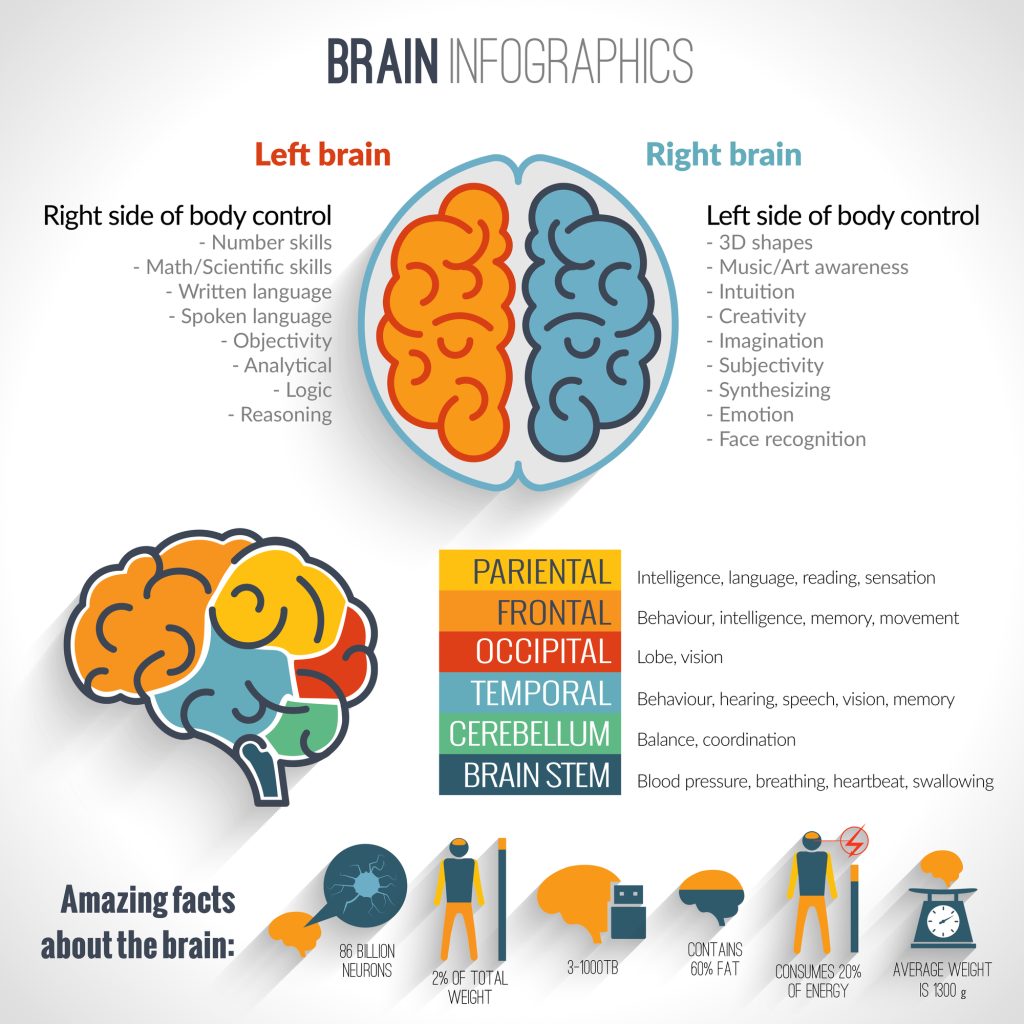Increasingly the terms ‘Alzheimer’s’ and ‘dementia’ seem to be used interchangeably, but this can be confusing as the two are not the same thing.
Dementia is not a disease in its own right, but is an umbrella term for a number of symptoms that affect the way the brain works. It can be caused by a number of different brain diseases of which Alzheimer’s is just one.
When someone is diagnosed with dementia, it is important to find out what it is that is causing their symptoms and what type of dementia they have, as this may affect the symptoms they experience and the progress of their disease.
Alzheimer’s disease is the most common cause of dementia in the UK, but there are many others including Vascular dementia, Frontotemporal dementia, Dementia with Lewy bodies and Mixed dementia.
What is dementia?
Dementia is caused by any disease that results in damage to the nerve cells in the brain (neurones) preventing it functioning normally.
Dementia symptoms will vary according to each individual and what part of the brain is most damaged, but the principle symptoms of dementia include:
Memory Problems
Retaining new information can become a problem, and people can become lost in previously familiar surroundings and forget people’s names.Short term memory is often more affected than long term memory.
Thinking and Problem skills
Concentration span, decision making and reasoning can all be affected, making it difficult for the person to cope with everyday tasks such as shopping, and hobbies/skills they previously enjoyed.
Difficulties with time and place also become prevalent, so that people lose the ability to tell the time or even distinguish between night and day. Some people can become restless and need to keep moving rather than sit still.
Communication
Difficulties with reading and writing are common, and people often have difficulty finding the right words in a conversation and tend to repeat themselves constantly. This has an obvious impact on mood, behaviour and personality so that people who were previously outgoing, can become quieter and introverted. If someone can’t make their needs known aggression can result.

What is Alzheimer’s disease?
Alzheimer’s disease is the most common cause of dementia in the UK.
It is a physical disease that affects the brain causing a build-up of proteins, resulting in ‘plaques’ and ‘tangles’ which damage the brain cells’ ability to transmit messages and eventually lead to brain cell death. A shortage of some important chemicals also contribute to difficulty in messages travelling around the brain effectively.
Alzheimer’s is a progressive disease with the symptoms getting worse gradually over time.
The Alzheimer’s Society describes the progression of the disease…
“Alzheimer’s disease usually begins with mild memory loss, such as difficulty recalling recent events or learning new information. Other symptoms may include difficulties finding the right words, solving problems, making decisions, or perceiving things in three dimensions.
As Alzheimer’s progresses, problems with memory loss, communication, reasoning and orientation become more severe.”
Medication which can help ease the symptoms and, in some cases, slow the progression of the disease are available though as yet there remains no cure for Alzhemer’s disease.
To find out more about the different types of dementia, the Dementia UK and Alzheimer’s Society websites both contain a wealth of information and advice.

Sycamore Lodge is a thriving residential and nursing care home in Ashby, Scunthorpe offering high quality residential, nursing and respite care. We pride ourselves on providing a friendly and welcoming atmosphere so to find out more about the services we offer, please give us a call on 01724 410129. Or you can always drop an email to us at sycamore@marjaracaregroup.co.uk

